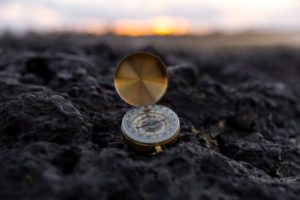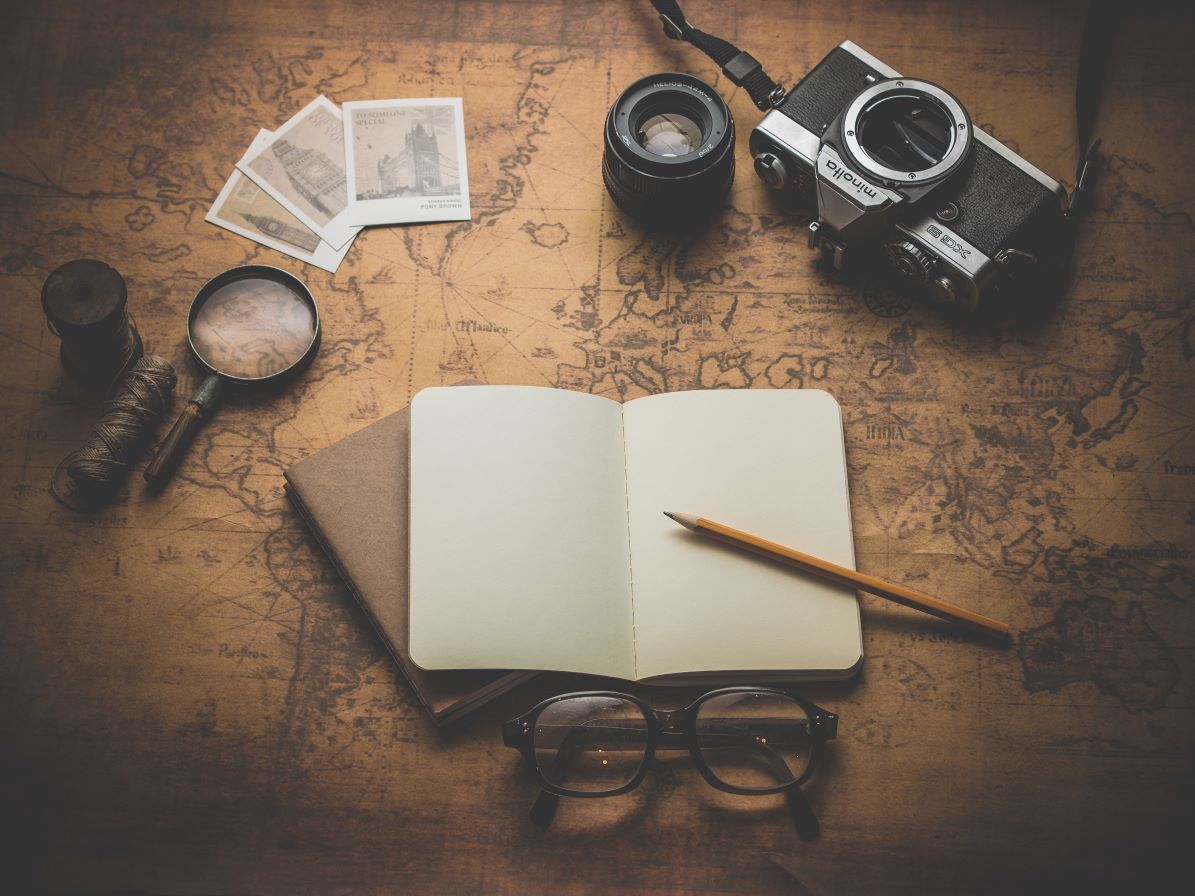The hero’s journey requires a full stop at the station called “victimhood.”
Take your life in your own hands and what happens? A terrible thing: no one to blame.
Erica Jong
I felt sucker punched when I read Erica Jong’s quotation. Our egos have a lot invested in feeling victimized. And we live in a society that encourages us to be victims of the people and circumstances that surround us. Juxtapose Jong’s statement with another one I recently read in Goddesses in Everywoman by Jean Shinoda Bolen, a Jungian psychiatrist, who says, “In every crisis, a woman is tempted to become the victim instead of staying the heroine” (p.290). How does this happen? Why do we do it?
Victimhood
A victim is one who blames others (people, fate) or circumstances for their situation. External things happen to them so there’s a sense of not having control. Victims respond in various ways including abdicating personal responsibility, becoming paralyzed or panic stricken, or detaching/avoiding through substance use. In essence, victims face difficulty in taking ownership of their current situation. Let’s face it. The victim narrative doesn’t feel good. It makes us small and restricted. How do we shift the narrative from victim to hero?
The heroine takes life in her own hands, as Jong identifies. She plays an active not passive role in her own narrative. So why don’t we just do it instead of wallowing in victimhood?
Speaking for myself, I know I’ve been passive (“receptive”) and afraid to ask for what I want. I have been conditioned and rewarded for pleasing others. I’m a recovering perfectionist (see my blog on this topic for more info). Hmm, did you notice the use of the passive voice not active in this paragraph? Separately and collectively, they create a sense that I’m defined by things around me (external) instead of “I define myself” (internal).

We live in a society that encourages and infantilizes victims by keeping them trapped in the victim cycle. In consequence, we lack ownership or agency in our own lives. No wonder we feel terrified! If I lack agency/choice, then I’m rudderless, always responding to external winds not my own internal compass.
Shifting the Narrative from Victim to Heroine
Bolen advised we shift the narrative by being true to ourselves (our personal values) until something “unexpectedly comes to our aid” (p. 290). In other words, wait for something to shift within by gently focusing on the solution not the problem. Accept you feel fearful and still choose love instead. Wait for new insight by praying, meditating, journaling and the answer will come from your inner compass, what we refer to as the Leader Within in coaching. You’ll see you have choices, you’re not in an either/or situation which is typically how we feel in victim mode.

So often we get stuck in an emotion like fear and become paralyzed. I think that happens sometimes because we push away the emotion instead of just “feeling” it. How can we let go of an emotion we haven’t experienced? Choosing love means allowing yourself to see things differently. It means choosing hope. You acknowledge a better path exists even if you haven’t found it yet.

